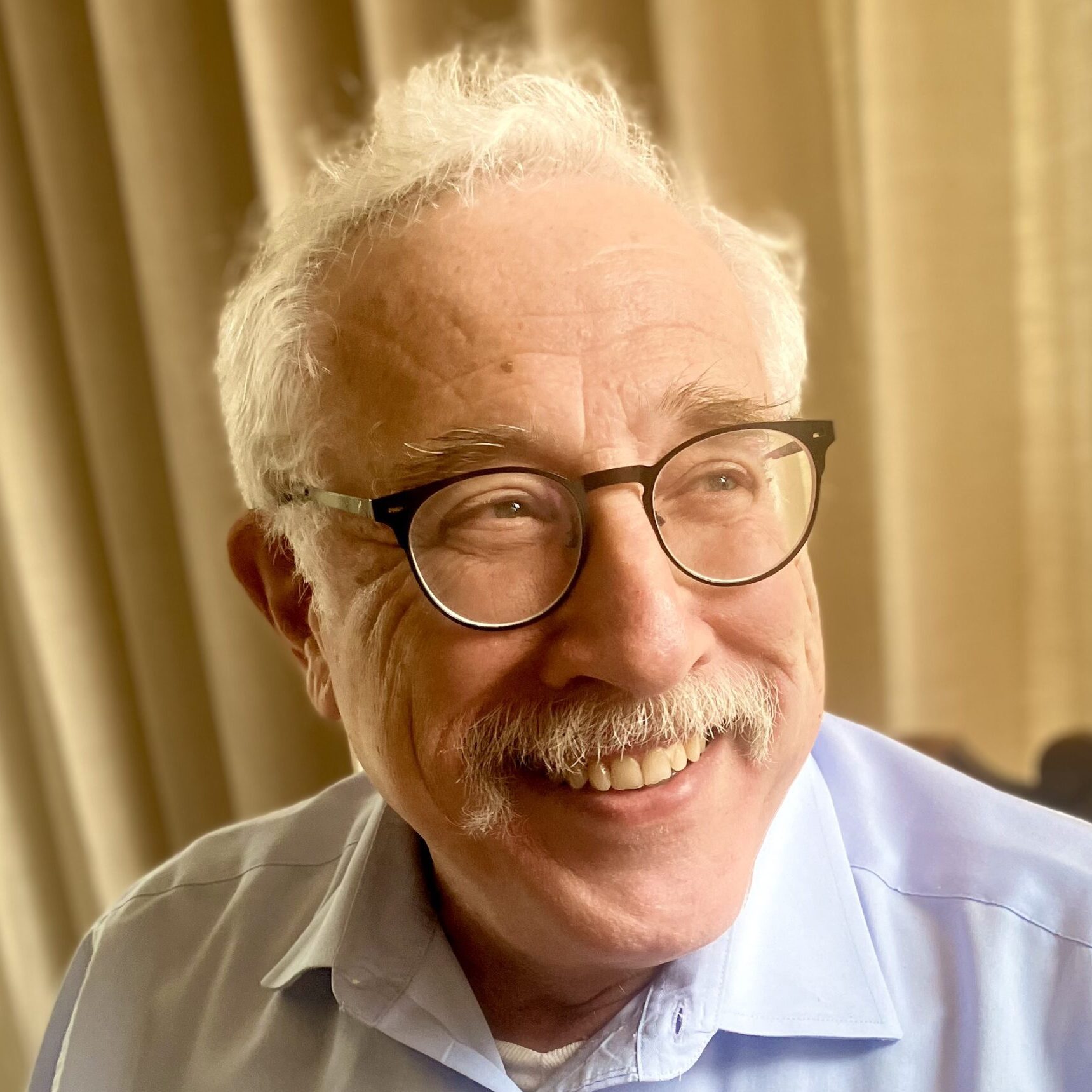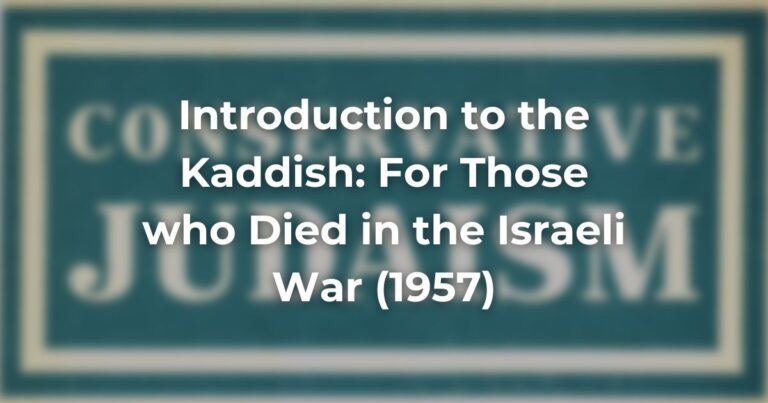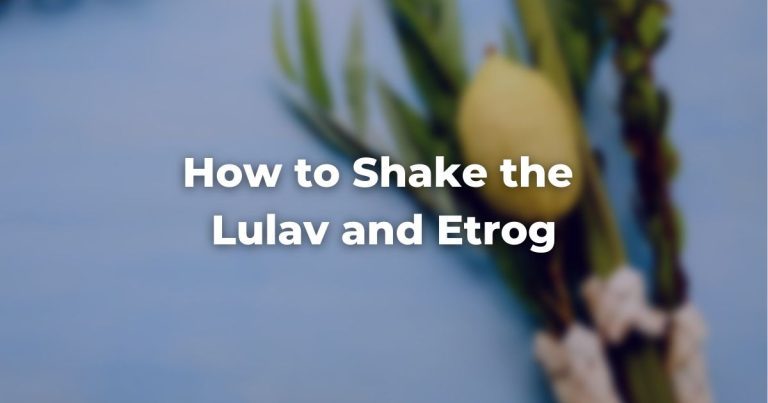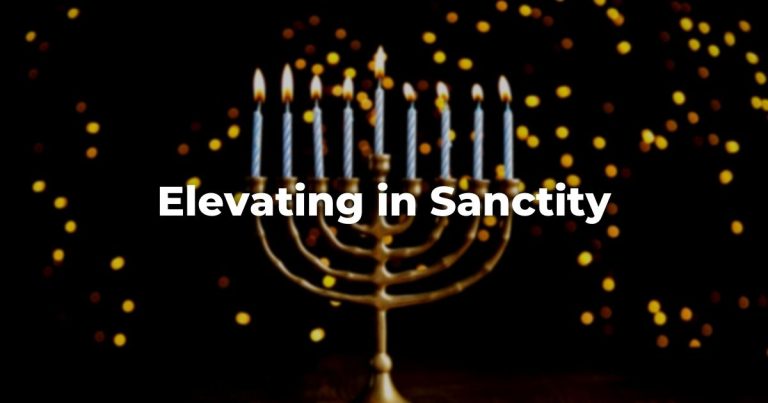This piece is part of Exploring Judaism’s 5784 Passover Reader. Download the whole reader here.
The unstated magic of the Passover Seder is that the preferred venue is the intimacy of the home. No rabbinic oversight. No synagogue facility. Every Seder becomes a function of the leader’s creativity and the engagement of those gathered around the table.
Thus no two Sedarim are alike.
Sure, the Hagadah provides guidance, but while some might extend well past midnight, another will suffice with the barest of basic highlights. Traditional songs may be combined with newly minted silly ones. Some might be entirely child oriented while others engage in deep discussions on the meaning of liberation in our time. Each of us invariably brings to the Seder our own childhood memories of Grandpa Joe annually turning beet red when we eat the bitter herbs or Aunt Ellen whose attention would be exclusively attuned to whether the brisket was dry or overcooked. Would the Matza balls be floaters or sinkers? Who would find the afikoman? We smile as we hear the same family jokes as last year and the year before. Serious, after all, it’s the Seder, but hopefully guided with a light hand.
We extend an invitation, “All who are hungry, let them come and eat. All who are in need, let them come celebrate Pesach” at the outset of the proceedings. We fulfill that Mitzvah by including those who might not have a Seder to attend. Many synagogues solicit families willing to host guests; then match them with those hoping to be invited. In this way, we increase the number who can enjoy the sense of celebration with fellow Jews, sing Dayenu together, and enjoy a festive meal in a joyous family setting.
Yet always be prepared for the unexpected.
A number of years ago after the recitation of the Four Questions, one such guest inquired if she could recite the Four Questions in Hawaiian. Well, of course. After she did so, I asked why, not being a speaker of Hawaiian, she brought this most unusual translation to our table. She explained that growing up each year a family member was assigned to bring the Four Questions in another language. Confident that while visiting the mainland she would be attending a Seder, she thought to continue this creative family custom. Behold, a new tradition!
So, the Passover Seder becomes a pedagogical evening. Some learn about our Exodus master story. Others consider what it means that in each generation we are obligated to see ourselves as if we personally were liberated from Egypt. Young ones discover that they are welcome to participate in an adult event. We listen as questions are encouraged, as everyone’s thoughts are valued, as we fulfill the all-important Mitzvah of hospitality.
Finally, we end as we do only at the end of Yom Kippur and at the Passover Seder: Next year in Jerusalem!
Author
-

Daniel J. Isaak serves as Rabbi Emeritus of Congregation Neveh Shalom in Portland, Oregon, where he was senior rabbi for over 20 years. He is currently chair of the Food Justice Committee of the Rabbinical Assembly Social Justice Commission. For eight years he was engaged on the Board of Directors of the Oregon Food Bank. He is married to Carol, and has four married children and seven delightful grandchildren.
View all posts






